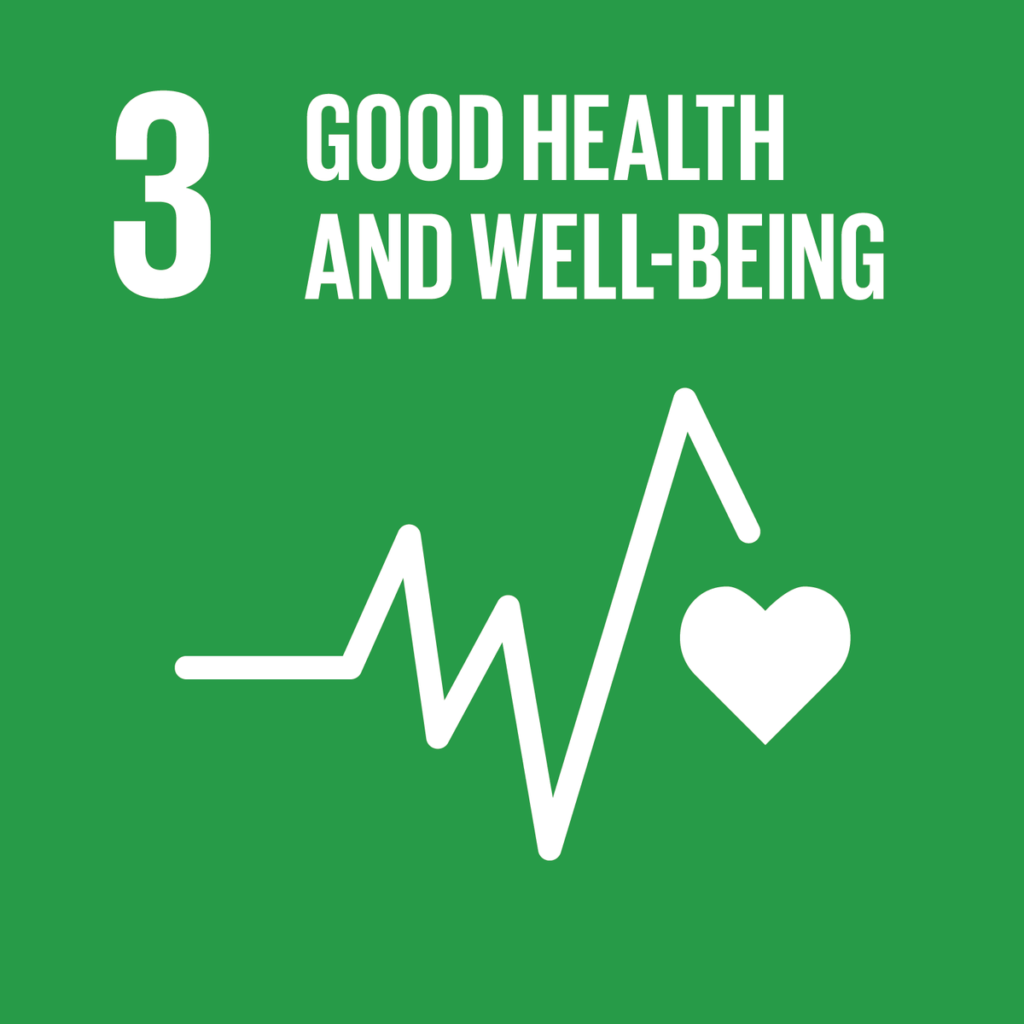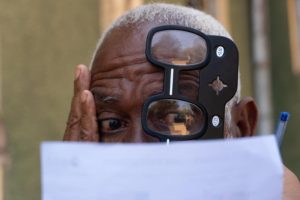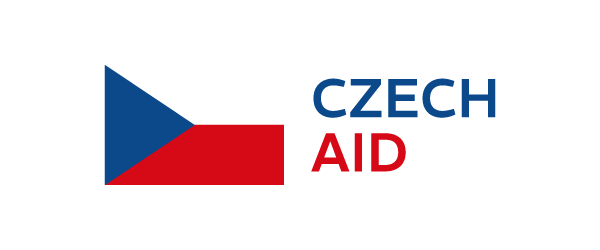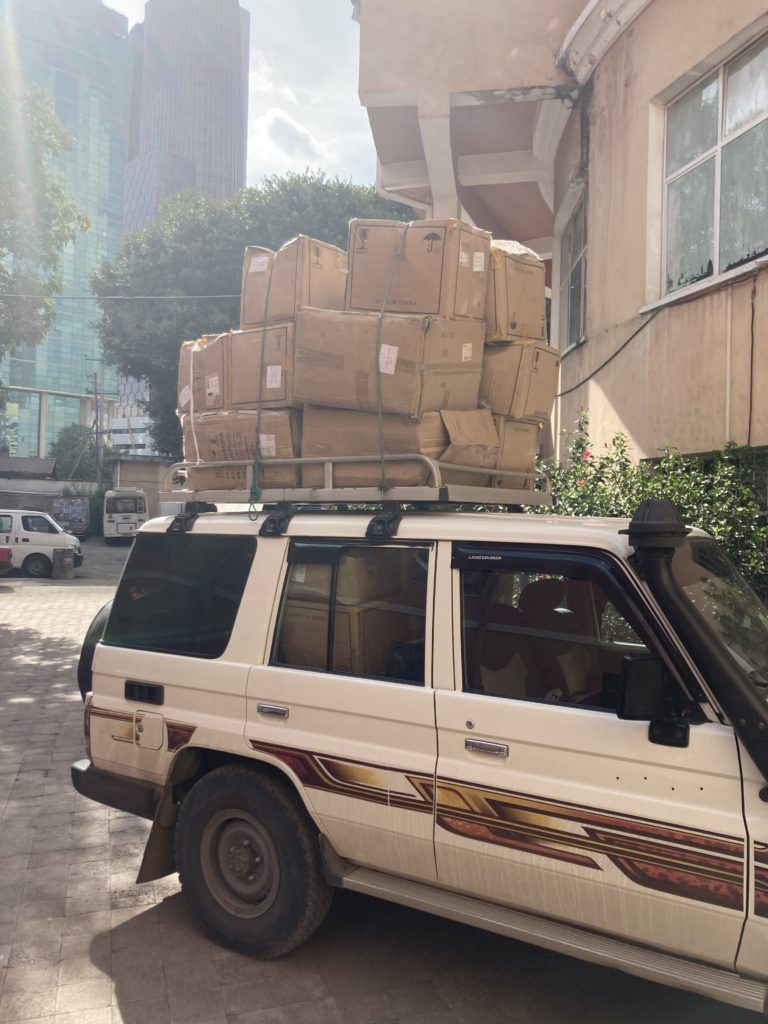WHO estimates that poor vision impacts at least 2,2 billion people around the world and some 1 billion people do not have correction for their vision impairment. Czech innovative company DOT Glasses makes correction glasses accessible to people for whom standard vision care would be inaccessible. Learn more about DOT’s innovation which has been tested in multiple countries around the world.
The Global Challenge of Poor Vision – a Case of Ethiopia

In its 2019 World Report on Vision, the WHO described the detrimental effect of poor vision that impacts at least 2.2 billion people around the world.Out of that, 1 billion people do not have correction for their vision impairment. As is often the case, the poorest people are the most impacted, yet their situation could be often improved with a simple pair of eyeglasses. This issue is also prevalent in Ethiopia, where the ratio between ophthalmologist and population is 1 per 700,000. Nevertheless, most of the vision problems are rudimentary refractive errors, treatment of which requires only limited skills and knowledge.
Towards a Solution
Prior to the start of the project, an initial DOT pilot testing made sure that the final price of the glasses is accessible to Ethiopians. DOT also identified 150 locals who agreed to join the project and become Ethiopia’s first DOT Glasses distributors. The way forward was to use the Czech-UNDP’s funding to train local distributors to use the DOT Glasses kits and assemble glasses. Such training took several days. Finally, 141 participants completed the training and became micro-entrepreneurs, able to approach customers. Ultimately, the funding helped to purchase the Vision kits and two months’ worth of replenishments for project’s local distributors. By involving locals to participate in the distribution, DOT’s solution looked further than just delivering a few sets of glasses. Provided with the kits and a company uniform, the entrepreneurs are self-sufficient from the margin between the price charged to customers and the wholesale price of the kit.

Source: DOT Glasses 
The solution therefore targets not only the people who need glasses but also provides an economic opportunity for local distributors trained within the project. Priced at around 6-7 USD, the glasses are significantly more affordable than alternatives, yet they still provide an economic motivation for distributors which strengthens project’s sustainability. The margin for the entrepreneur is between 2-3 USD. Aware of the local conditions, the DOT also entered negotiations with local authorities with the goal of securing additional funding for those still not able to afford the product.
The Administrative Challenge
Naturally, importing glasses was not easy at first. DOT needed to address both, requests from the Federal government of Ethiopia and from Ethiopia’s local governments. The fact that glasses are classified as a medical device only added to the administrative burden. DOT needed to provide 13 different documents to local authorities to begin the distribution process. Finally, after months of negotiations, DOT Glasses received device registration from the Ethiopian Food and Drug Authority (EFDA). Combined with growing costs of international shipping, the project got delayed nearly half a year. As DOT glasses mentions, hiring a local project manager made everything go smoother.
The pilot project for Ethiopia picked up good pace. By December 2021, DOT reported that over 8,000 glasses have been distributed and another 10,000 have been ordered by DOT’s Country Director who oversees the project locally.
DOT’s Solution Around the World
The Challenge Fund in Ethiopia was a part of DOT’s larger global operation, which keeps constantly growing. By autumn 2021, DOT Glasses has sold over 50,000 glasses to its 10 LDC markets, which include Bangladesh, Nigeria, Nepal, Uganda, or Ghana adding to the total of 14 countries. As DOT’s distribution network grows the economy of scale helps to make the DOT Glasses solution more accessible to economically disadvantaged. To support its goal of making glasses accessible, DOT won support of multiple donors and investors, including the Tilia Fund and Nation 1 Fund. Having won the Red Dot design award and the Czech SDG award, DOT Glasses are clearly a much needed, stylish solution to the challenge of poor vision.
The CUP team would like to thank Mr. Václav Tehle of DOT Glasses for his insights during writing this article. Images were provided by DOT Glasses.
About the Challenge Fund
The Creating a low-cost eyeglasses distribution network in Ethiopia was part of the Challenge Fund – Czech Solutions for SDGs. Through the Challenge Fund, the Czech-UNDP Partnership for SDGs brings innovative solutions from the Czech Republic’s private sector, NGOs, universities, state institutions, research centres and individuals to tackle specific developmental challenges in the priority countries. The implementation of Challenge Fund projects is financially supported by the Ministry of Foreign Affairs of the Czech Republic.
The content of this material does not necessarily represent the official views of the Ministry of Foreign Affairs of the Czech Republic, or of the United Nations, including UNDP, or UN Member States.



